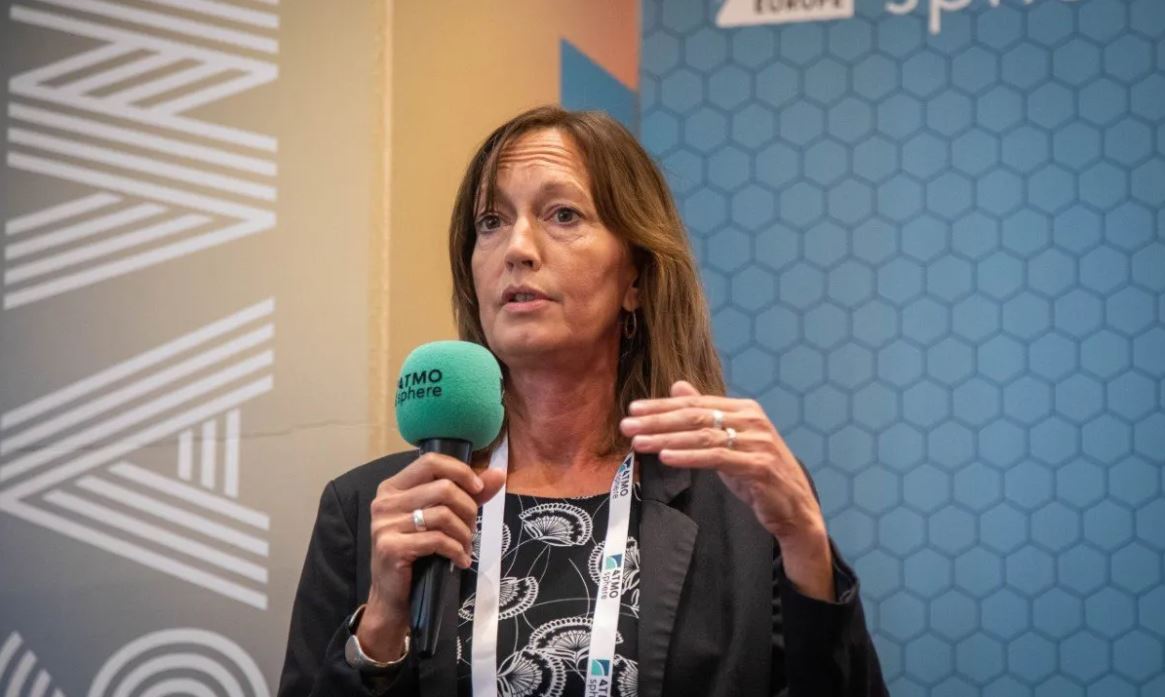EIA Accuses Chemours of ‘Peddling Disinformation’ on Refrigerants
December 13, 2022

In a statement issued on December 6, the U.K. office of the Environmental Investigation Agency (EIA) accused U.S. chemical giant Chemours of "peddling spurious claims and disinformation" to prevent the adoption of an ambitious update of the EU’s F-gas Regulation that would further restrict the use of fluorinated greenhouse gases (f-gases) produced by Chemours and other chemical companies.
EIA took aim specifically at a paid-for advertorial by Chemours appearing in the European edition of the digital newspaper Politico. The article, "F-gas solutions are critical to achieve our biggest environmental goals," was written by Alisha Bellezza, President of Thermal & Specialized Solutions at Chemours.
"The article is toxic greenwashing, full of spurious claims and misdirection, aimed at persuading European policymakers there are no alternatives to F-gases and deterring them from supporting an ambitious strengthening of the EU F-gas Regulation," said EIA UK Climate Campaign Leader Clare Perry.
The advertorial argued that f-gases are "superior alternatives for thermal management as they offer a unique combination of sustainability, safety and performance in critical applications." Perry countered that this claim is "simply not true," adding that "the ‘superior alternatives’ offered by Chemours, known as hydrofluoroolefins (HFOs), are not only energy- and resource-intensive to produce, they are prohibitively expensive for developing countries to use and contribute to emissions of by-product super greenhouse gases such as HFC-23."
Perry also noted that many HFOs are considered to be PFAS, the group of per- and polyfluoroalkyl substances "that several EU governments are looking to ban as they’re toxic ‘forever’ chemicals."
Defending NatRefs
Perry also defended natural refrigerants against allegations made by Chemours in the advertorial. For example, Chemours claims that the European Commission described propane (R290) as "not a viable replacement for F-gases." Perry replied that "the opposite is true," stating that the European Commission’s impact assessment states "’today there are suitable alternatives to the use of F-gases with a very low climate impact in most sectors and applications. These include the so-called natural alternatives such as hydrocarbons (e.g. propane, butane, cyclopentane), ammonia, CO2 or water.’"
In the advertorial, Chemours also cited the "significant health risks" of using ammonia in cooling. However, this fails to acknowledge that ammonia "is, and has been for decades, widely used as a highly efficient refrigerant in industrial refrigeration," said the EIA in its statement
EIA also pointed out that Chemours was recently cited by Inside Climate News as one of the "worst of the worst" greenhouse gas emitters during 2021 for emissions of HFC-23 at its plant in Louisville, Kentucky (U.S.). The plant emitted the equivalent of 2,664,089 metric tons of CO2e – the estimated greenhouse gas emissions from more than half a million gasoline-powered cars being driven for a year, said Inside Climate News.
The European Commission (EC) on April 5 released its long-awaited proposal updating the EU F-Gas Regulation with measures to further clamp down on HFC use in the EU, opening up opportunities for natural refrigerants like carbon dioxide/CO2 (R744).
Key parts of the proposal include accelerating the HFC phase down from 2024 onward – which would reduce HFC use to 2.4% of 2015 levels by 2048 – and improving enforcement and implementation. The F-gas Regulation proposal would abolish certain exemptions and bring the EU’s HFC phase down fully into line with the Montreal Protocol’s Kigali Amendment.
Last month, at the ATMOsphere (ATMO) Europe 2022 conference in Brussels, Bente Tranholm-Schwartz, Deputy Head of Unit at DG Climate Action at the European Commission (EC), pointed to natural refrigerants as the way forward in Europe in view of the likely stricter EU F-gas Regulation and upcoming REACH (Registration, Evaluation, Authorisation and Restriction of Chemicals) regulation of PFAS chemicalsthat is targeting f-gases. ATMO Europe was organized by ATMOsphere, publisher of Hydrocarbons21.com.


